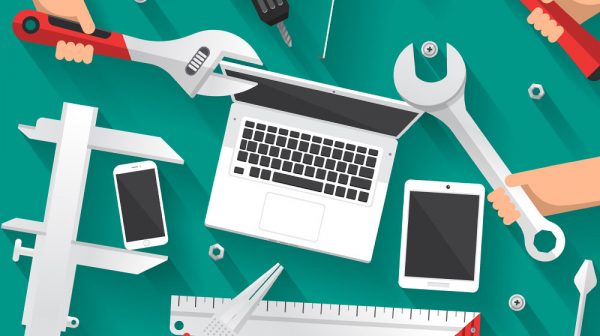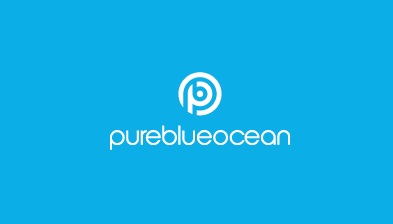
Description
Do business tools and frameworks really improve business efficiency?
We all use the lingo of ‘tools’ and ‘frameworks’ in our businesses, but do we actually have them, have the right ones, and use them effectively? Business tools can be in many forms. In the current tech world in which we live, many today are technology led. Email, is a tool that we take for granted today, but revolutionised how we worked from the mid 90’s. We are able to communicate quicker, get decisions quicker and communicate simultaneously to multiple recipients. Today, email has been superseded by many organisations by workflow and collaboration tools such as Microsoft Teams, Slack and GoogleDocs. These technology platforms enable us to manage our workflow more effectively share files, co-author in real time, and be productive, even when you're working remotely. (Which in the current pandemic is more important than ever) Each of these tools also provide remote access if you are on the move, using apps so you can continue to work from your mobile or tablet. Technology such as this, is the reason for the fast-paced world within which we live. The aim of tools should be to simplify a process, act as prompts so all the key areas are considered and structure thinking into a logical flow. It is important to continually evaluate the tools you use within your organisation. Technology evolves quickly, so ensure you have the latest version and the best solution for your company needs. It is also crucial that your teams know how to use them. All too often, we see tools rolled out without the end user in mind. Provide training on the functionalities and sell in the benefits of how they will make their roles easier. Business frameworks should also improve workflow, providing a consistent structure and approach to get to a desired outcome. Following a defined methodology means your teams know the steps they need to take, where they are within the process and ultimately don’t have to think of the strategy themselves. It provides a consistent approach that has been devised to ensure a more positive outcome. Frameworks need not be complicated. In selling for example, we all know the ‘SMART’ framework for objective selling. (Though here at Pure Blue Ocean, we have evolved this to be more effective and ‘SMARTER’ find out more here) As with tool solutions, frameworks should also be created with your business and people in mind. Standardised solutions, whilst generally cheaper, aren’t always the perfect fit for every business. Every business operates differently and has different needs. However, by reviewing the need and the possible solutions you may discover that you are over complicating things when you don’t need too. Simple generally is best. So do a thorough review to ascertain what it is you need to solve for and consider the most effective way to solve it. If you want to make sure you have the right tools and frameworks in place, or are looking for some new solutions, find out more on our tools page https://www.pureblueocean.com/what-we-do/tools/ or Contact us at help@pureblueocean.com to see how we can help.Info
-->





